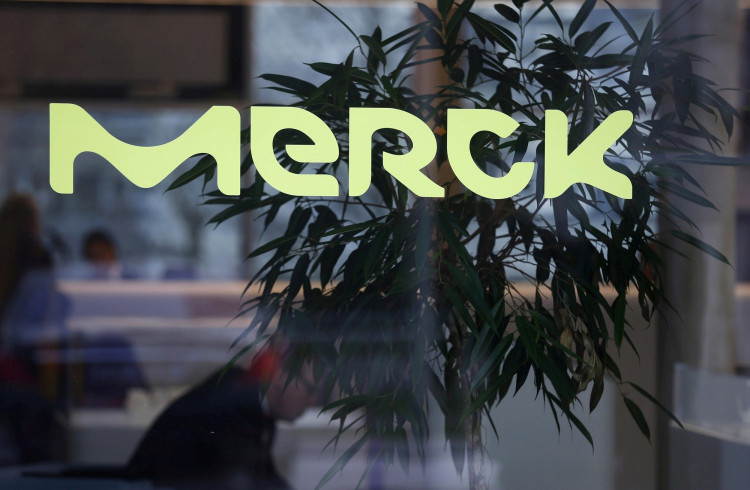American pharmaceutical giant Merck & Co is planning to spin off its other businesses into separate publicly traded companies. By separating its different business units, the company hopes to focus more on its growth drivers such as its vaccines and particularly its cancer drug Keytruda.
The companies that Merck & Co plans to spin off into separate entities account for roughly 15 percent of its total global sales. Merck elaborated that it will still be retaining its animal health business and part of its drug business that is used for acute care such as its Biridion drug that mainly treats anesthesia-induced side-effects.
The plan is part of Merck's much wide strategy on focus more on its current moneymakers, particularly in its businesses related to oncology. One of those businesses is its unit that produces its popular immunotherapy treatment Keytruda, which is currently one of the world's top-selling cancer drugs.
Merck CEO, Ken Frazier, explained in an interview that the main key of the strategy will be to tap into the company's best growth opportunities. Frazier detailed that it will all start with its Keytruda treatment as it currently presents the best commercial opportunity for the company.
Sales of the company's flagship drug managed to jump to $3.11 billion for the fourth quarter, a nearly 45 percent increase when compared to the same period in the previous year. Despite the sales growth, the figure, unfortunately, missed analysts' estimates of $3.24 billion.
Following the release of its quarterly sales report, Merck's share prices dipped slightly by 3.7 percent to $85.12 per share. For its fourth quarter, Merck reported total profits of $1.16 per share, above analysts' estimates by just one cent.
The strategy will result in the establishment of separate entities, including new companies handling the firm's women's health business and biosimilar drugs. A new company, which will be headed by Merck veteran, Kevin Ali, will be mainly focusing on Keytruda and the firm's other flagship treatments. Merck expects the transaction to be completed by the first half of 2021. The company expects to have cost savings of more than $1.5 billion by 2024 as a direct result of the spin-offs.
The plan to spin off Merck's older businesses has raised some concerns amongst investors, who questioned how management succession would be handled after the deal is done. Merck previously stopped its policy in 2018, which required CEOs to step down once they were 65-years old. The scrapping of the policy effectively allowed Frazier, who turned 65 last year, to remain at the helm. Merck assured its investors that it does have a planned succession process in place that will ensure sustainable long-term growth for the company.





